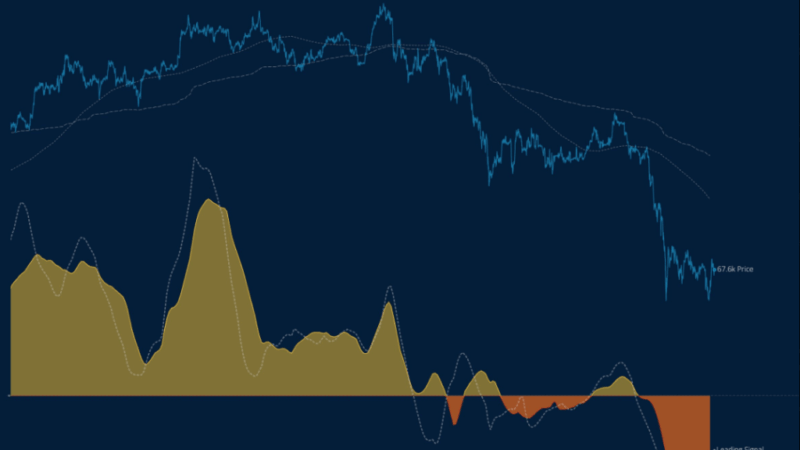Prolonged Crypto Winter Pushes Kraken Exchange Out Of Japan
The crypto winter is a drawn-out one exacerbated by the collapse of large players such as Terra and the FTX crypto exchange. As crypto businesses continue to feel the effects of the current bear market, another major player, Kraken, has been affected to the point that it has, once again, put a pause on operations in Japan.
Kraken Consolidating For Crypto The Bear Market
Crypto exchange Kraken plans to stop operations in the Japanese market. The exchange said this in a government publication in the country which states that it will deregister from the Japan Financial Services Agency (JFSA) on Jan. 31, 2023.
The company cites the current global crypto market state as the reason for this move, saying that “the resources needed to further grow our business in Japan aren’t justified at this time.” As such, the exchange plans to stop providing services to users in the country.
The decision comes just a month after Kraken revealed that it was laying off about 30% of its workforce. Given the size of the company and the amount of labor it employs, this came out to about 1,100 employees who lost their jobs at the crypto exchange.
As for its users in Japan, the exchange assured that it would allow users to withdraw all of their funds held on the exchange. Users are advised to withdraw all of their fiat currencies and cryptocurrencies being held on Kraken Japan before the Jan. 31 date. Kraken says it has enough funds to enable all users to withdraw assets.
It further added:
“We value the trust our clients put in us and we will do what we can to minimise the impact of our decision for you. That’s why we are committed to ensure a seamless transition and we hope the information in this email will help you decide what is the best option for you.”
In November, the U.S. Treasury Department’s Office of Foreign Assets Control (OFAC) fined Kraken over $362,000 over sanctions violation for providing access to users in Iran. The crypto exchange agreed to settle for this figure with an additional $100,000 committed to implementing sanctions compliance controls.




